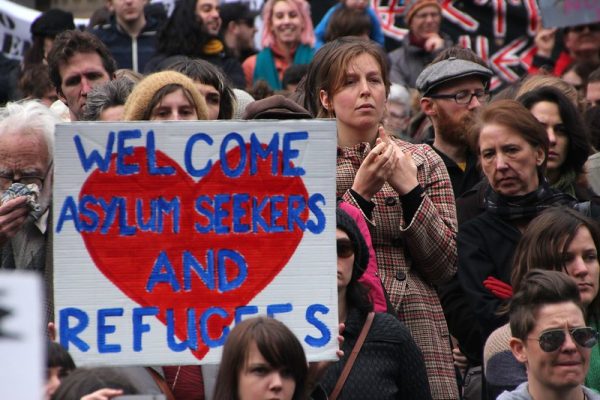
Refugees seek to start a new life in an unfamiliar place because of persecution, war, or violence. On arrival, they face challenges as they learn to live in a new society. New research shows how social ties affect refugees’ quality of life as they navigate these challenges. Specifically, it highlights the importance of what sociologists call strong and weak ties, and how the types of relationships matter greatly.
R. Neil Greene used quantitative and qualitative data from the Refugee Well-Being Project, a 5-year community-based study of refugees from Afghanistan, Iraq, Syria, and the Great Lakes region of Africa who had recently resettled in the United States. Refugees answered questions about their mental and emotional well-being, as well as their support networks.
Strong family ties were associated with a higher quality of life for refugees. These ties were especially important for emotional support and comfort. In addition to strong family ties, refugees reported relying on weaker ties for their more practical needs, like finding work and navigating new systems.
Refugees who settled in the United States long ago played an especially important role as “cultural brokers” because they were able to provide both emotional or psychological support, as well as help new refugees with more practical tasks, like how to find a job or get a driver’s license. In other words, settled refugees represented the best of both strong and weak ties.
For more data on refugee resettlement in the United States, check out the Migration Policy Institute or read the Pew Research Center’s “Key Facts about Refugees Coming to the U.S.“
